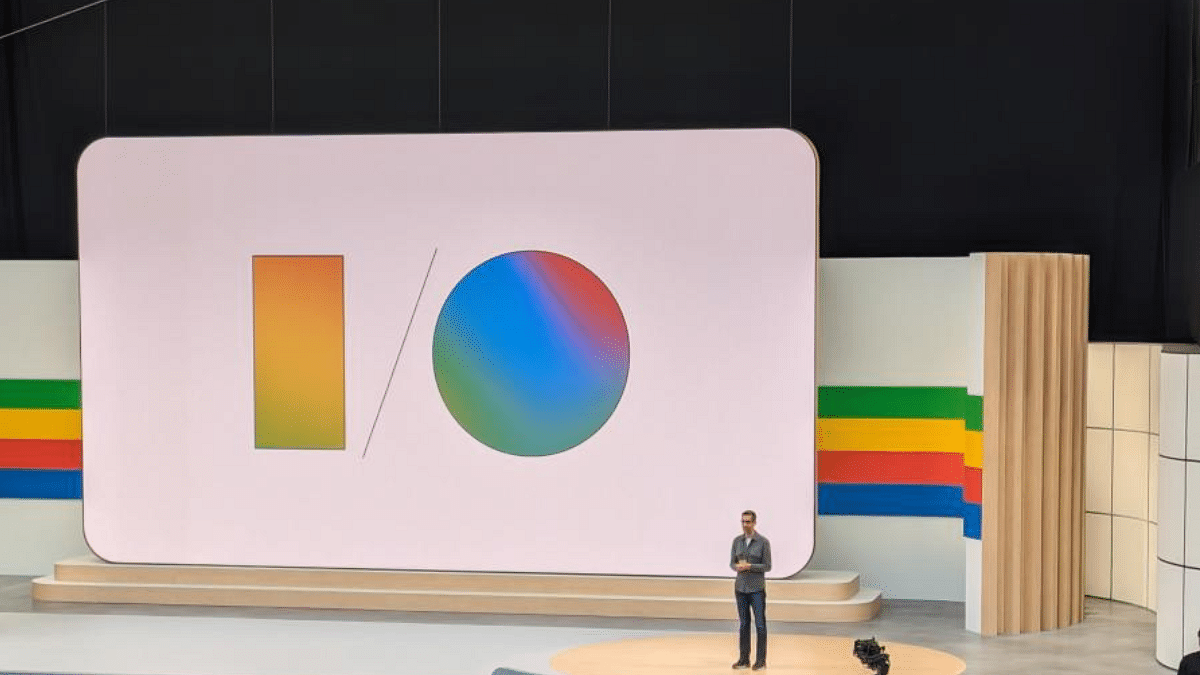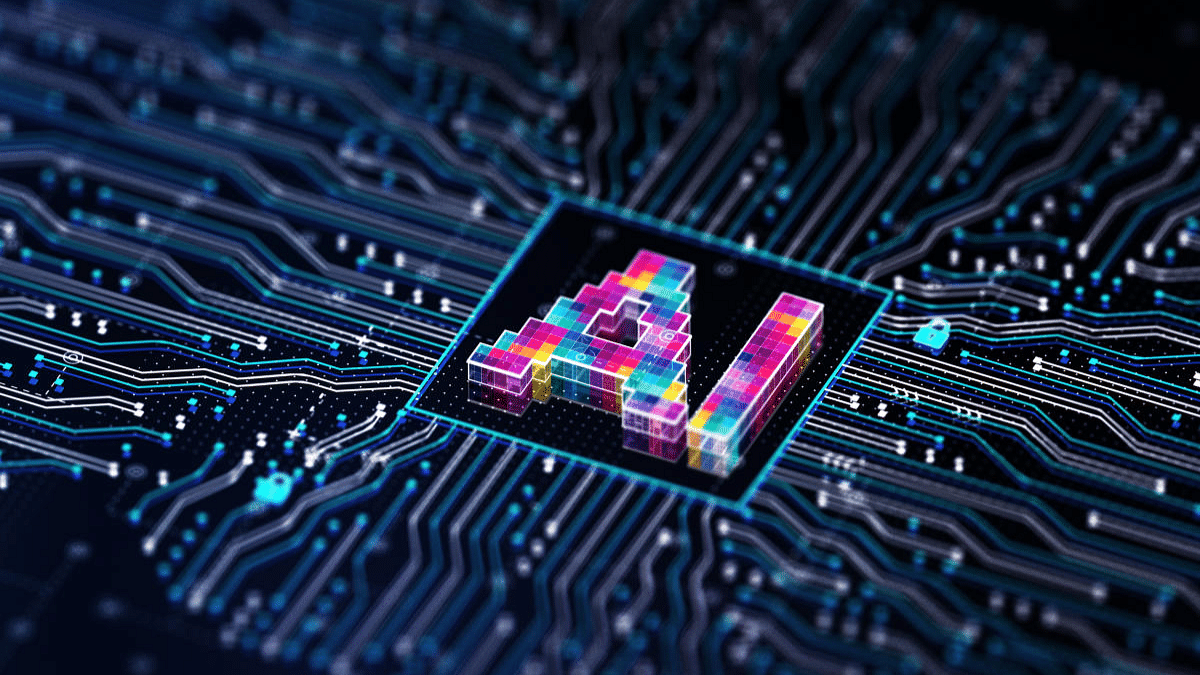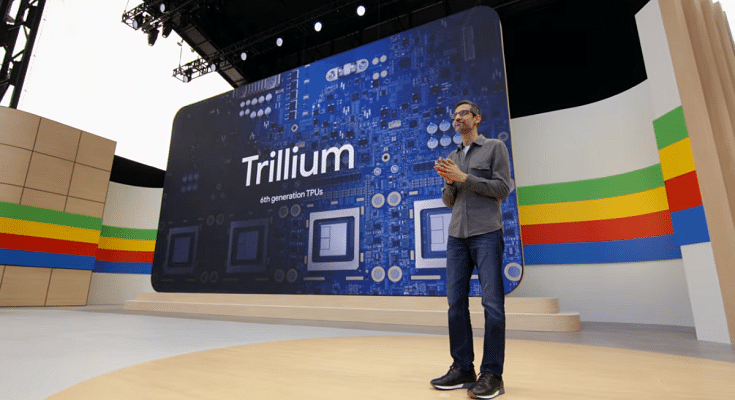Key Highlights
- Google announces sixth-gen TPUs, promising major performance upgrades
- Trillium TPUs are Google’s most energy-efficient yet, meeting the rising demand for AI
- Trillium chips will be launched later this year, bringing powerful AI capabilities to users
At its Google I/O developer conference, Google made waves by announcing the sixth generation of its Tensor Processing Units (TPU) AI chips, named Trillium. These chips, set to launch later this year, mark a significant leap forward in AI computing. Also Read | Apple M4 Chipset: Highlights Worth Checking Out
A Tradition Of Innovation

Announcing the next generation of TPUs at I/O has become a tradition for Google. Though the chips won’t be available until later in the year, Google CEO Sundar Pichai highlighted the remarkable advancements. He mentioned, “Google was built for this moment. We’ve been pioneering GPUs for more than a decade.”
Unprecedented Performance Boost
Trillium chips promise a whopping 4.7x performance boost in compute performance per chip compared to the previous generation. This enhancement is achieved by expanding the chip’s matrix multiply units (MXUs), increasing the overall clock speed, and doubling the memory bandwidth.
Advancements In SparseCore
The Trillium chips feature the third generation of SparseCore, a specialized accelerator designed for processing ultra-large embeddings common in advanced ranking and recommendation workloads. This innovation will enable faster model training and lower latency in serving these models.
Energy Efficiency
Google emphasizes that Trillium is its “most energy-efficient” TPU yet. This is crucial as demand for AI chips continues to skyrocket. Pichai stated that industry demand for ML compute has grown exponentially in recent years. The new TPUs promise to be 67 percent more energy-efficient than their predecessors.
Variants and Cloud Accessibility

While Google has not provided specific details about Trillium variants or pricing in the Google Cloud, the announcement signals Google’s commitment to advancing AI infrastructure. Additionally, Google recently announced its partnership with Nvidia to offer access to Nvidia’s next-gen Blackwell processors, set to be available in early 2025.
Also Read | Snapdragon 8 Gen 3 vs Apple A17 Pro: Flagship Chipset Comparison
Looking Ahead
Pichai emphasized Google’s ongoing commitment to AI advancement, stating, “We’ll continue to invest in the infrastructure to power our AI advances and we’ll continue to break new ground.”
Conclusion
Google’s Trillium TPUs represent a significant step forward in AI computing, promising unparalleled performance, energy efficiency, and capabilities to meet the growing demands of AI workloads.
